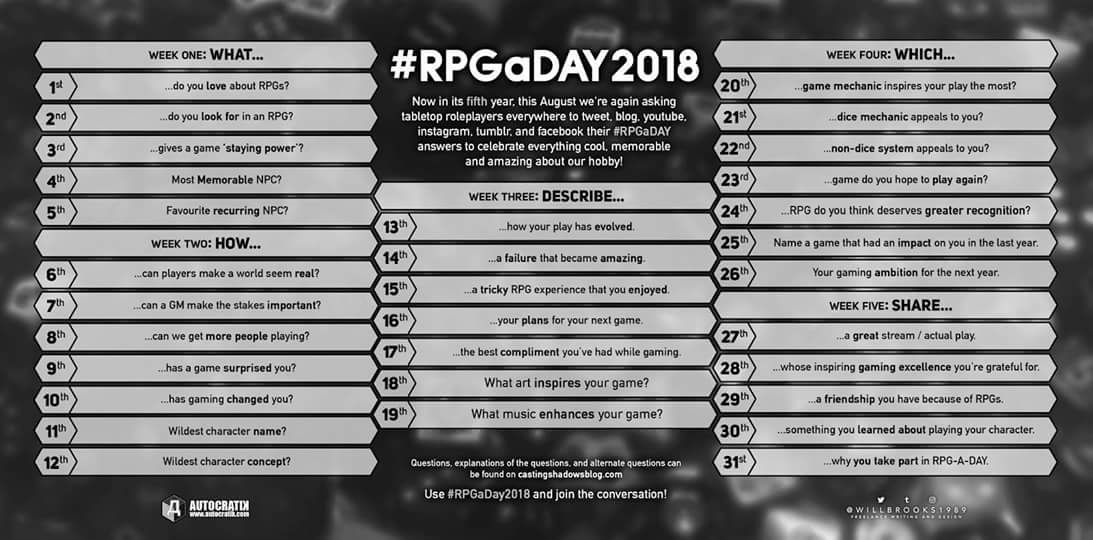Question 9: How has a game surprised you?
In recent days, the original TSR produced Marvel Super Heroes roleplaying game has been a revelation.
Designed by Jeff Grub and first released way back in 1984, it has surprisingly turned out to be exactly what I’m looking for in terms of running a superheroes game right now. Considering the number of alternative systems I went through looking for the one*, how useful this old box of tricks turned out to be is quite Remarkable. Or possibly Amazing.
It’s simple, clear, concise. Like most games from the 80s the rule book is short and packs a lot in. Attributes and Powers are rated by ranks. Feeble, Poor, Typical at the low end of the scale; Monstrous, Unearthly and beyond as you ramp up towards the cosmic power levels of the Marvel universe.
You roll your percentile dice, and check your result against a universal table of the various ranks. Green, Yellow and Red results determine you level of success. A White result is a failure.
There’s a few more things to consider in the Advanced Rules and the Ultimate Powers Book; but it doesn’t really get much more complicated than that.
For character creation it’s hard to beat, and whilst I’ve only run a couple of sessions of it so far this time out, I suspect it’ll remain my go-to system for superhero games from here on. Excelsior!
*Villains & Vigilantes, Guardians, Superworld, Aberrant, Golden Heroes, Super Squadron, Champions, Heroes Unlimited, The Authority, and many, many more…

